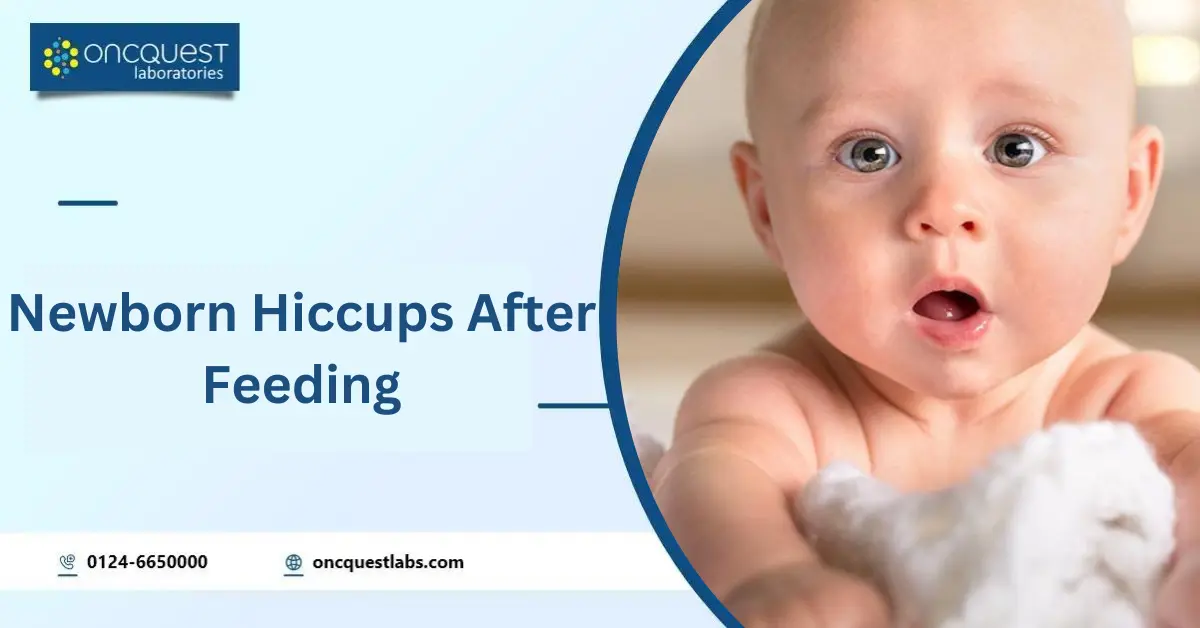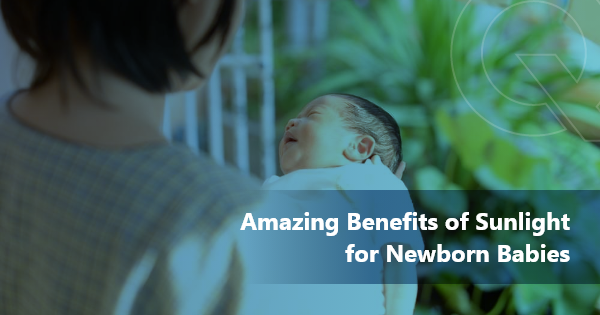Have you ever noticed your baby hiccuping a lot? They might have even hiccuped while still inside your belly. Don’t worry, though. This is completely normal and not something to be concerned about. Let’s take a closer look at why babies hiccup, when it usually happens, and why it’s nothing to fret over.
What Causes Hiccups
Hiccuping is one of the first things your child learns to do. It’s actually really important for their brain and breathing to develop properly.
Babies, and even grown-ups, can’t control when they hiccup. It’s like a reflex that happens when the diaphragm (a muscle under the lungs) makes the vocal cords open and close quickly. Hiccups often happen during meals, drinking, or when someone feels stressed.
Babies hiccup a lot, and that’s totally normal. In fact, it can show that your baby is growing well and healthy. So, don’t worry if your little one hiccups often—it’s just a part of growing up!
What to Do When Your Baby Has Hiccups
Babies don’t usually mind their hiccups and can eat and sleep normally even when they have them. Usually, hiccups go away by themselves in about 5 to 10 minutes, so you don’t need to do anything special.
But if you’re worried about your baby’s hiccups, here are some things you can try to help:
1. Burp your baby: During feeding, babies can get extra gas that irritates their stomach and causes hiccups. Patting their back gently while holding them upright can help release the gas.
2. Feed slowly: Sometimes, if you feed your baby too quickly, it can lead to hiccups. Try to feed at a slower pace to reduce the chances of hiccups.
3. Feed when your baby is calm: It’s better to feed your baby before they get too hungry or fussy. If they are upset during feeding, it can cause milk or formula to go down roughly, leading to hiccups.
4. Hold your baby upright after feeding: This position helps with digestion and can prevent hiccups.
5. Use the right bottle and nipple: If you use a bottle, make sure it’s filled with milk and there’s not too much air in the nipple. Also, choose the right nipple size for your baby’s age.
6. For breastfeeding, ensure a good latch: Make sure your baby latches onto your breast properly to avoid swallowing air.
If your baby continues to hiccup for a long time or seems uncomfortable, it’s a good idea to see a doctor. Be cautious with home remedies as some may not be safe for babies. Hiccups are usually normal and don’t harm babies, but it’s essential to take care and seek medical advice if needed.
Frequently asked Questions
Q1: How to stop baby hiccups after feeding?
A1: To help stop baby hiccups after feeding, try burping your baby by holding them upright and gently patting their back. This can release any trapped air that may be causing the hiccups.
Q2: Does hiccup mean baby is full?
A2: No, hiccups in babies don’t necessarily mean they are full. Hiccups are typically caused by the diaphragm contracting and are unrelated to the baby’s feeding status.
Q3: Is it OK to feed a newborn with hiccups?
A3: Yes, it’s perfectly fine to feed a newborn with hiccups. Hiccups are normal and typically don’t interfere with feeding or cause any harm to the baby.
Q4: Can you lay a baby down with hiccups?
A4: Yes, you can lay a baby down even if they have hiccups. Hiccups are generally harmless and won’t be affected by the baby’s position.





